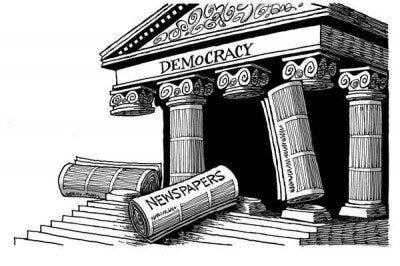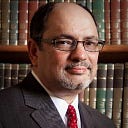Member-only story
History of the Fourth Estate: The Press

When you hear about The Fourth Estate, it usually means The Press.
- Where did the term Fourth Estate come from?
- What do we mean by The Press, and how has it changed in modern times?
I conclude with a cautionary tale from early U.S. history.
Origin of The Fourth Estate
The term estates is a European word that refers to a great power in the political life of a nation. It goes back to the separation of powers during the Roman Republic. In modern usage the term is first attributed to Lord Brougham in 1823 while he was addressing the British Parliament, or to Thomas Macaulay, who in an 1824 essay wrote:
“The gallery in which the reporters sit has become a fourth estate of the realm.”
The idea is that the Fourth Estate could act as a counter-power to the three powers of the State. This counter-power reported, verified, and questioned various matters of governance, both public and commercial, that the other powers exercised. It was non-partisan, neutral, unbiased, and untouchable by the other estates.
France
While the term was used in several countries, a good illustration of the four powers is France. In the Ancien Regime, meaning before the French Revolution in 1789, these four include:

- First Estate: Clergy — typically the officers of the church, Bishops and above. Along with the Nobility, this was considered the Estates-General.
- Second Estate: Nobility — sometimes including the monarchy, sometimes not, especially if believed he was appointed by divine right.
- Third Estate: Common people — the bourgeoisie. Townspeople, usually landowners and merchants: non-nobility.
- Fourth Estate: The Press — quatrième pouvoir, as we will discuss. The French writer and journalist Balzac affirmed in 1840 that:
“The press is in France a fourth power in the State: it attacks everything and no one attacks it.”
